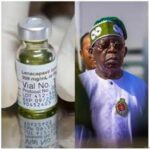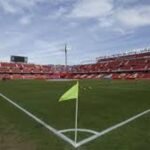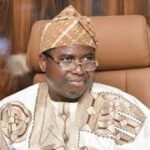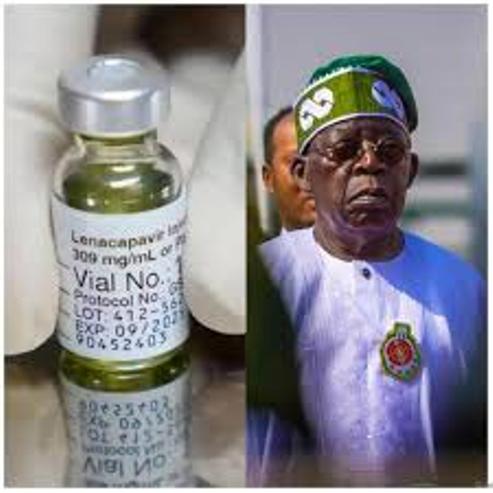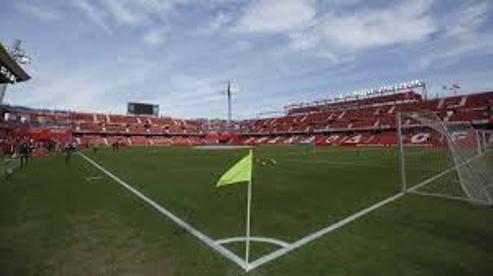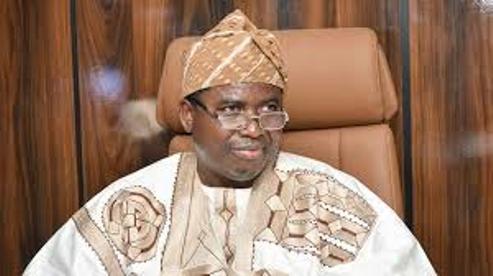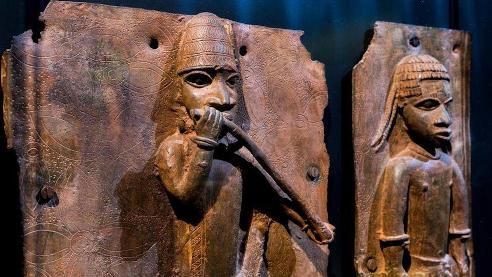
Sculptures looted by British soldiers from the Kingdom of Benin in 1897 hangs on display in the “Where Is Africa” exhibition at the Linden Museum
LAGOS JULY 22ND (NEWSRANGERS)-A dispute between Nigerian leaders could jeopardise plans for the return of some of Africa’s most famous artifacts, the Benin Bronzes, which were looted during the colonial era and are now mainly in Western museums, as writer Barnaby Phillips reports.
The Bronzes, thousands of metal sculptures and ivory carvings, were seized from the West African kingdom of Benin – in what is today Edo State in southern Nigeria – by a British military force in 1897.
In Europe their beauty and sophistication caused an instant sensation, and they are widely regarded as amongst Africa’s greatest artworks.
In recent years, as European governments have come under pressure to atone for colonial-era crimes, some have spoken of their desire to return looted artefacts.
In April the German government said it wanted to give back hundreds of Benin Bronzes, and several museums in the UK have made similar announcements.
The return of the Benin Bronzes to Nigeria would mark an extraordinary moment in Africa’s post-colonial history, and is a prospect that seems more likely now than at any time since 1897.
But when the king, or Oba, of Benin, Ewuare II, summoned “all well-meaning people” to an emergency meeting in the Edo capital Benin City earlier this month, it was not in celebration.
Hundreds answered the Oba’s call and assembled in his palace, dressed in handsome robes, singing his praises. Ewuare II, the great-great grandson of the Oba who was toppled by the British in 1897, warned of an attempt by what he called an “artificial group” to “divert” the return of the Bronzes.
This group, the Legacy Restoration Trust (LRT) had the support of Edo State Governor Godwin Obaseki and had planned to put the Bronzes in an Edo Museum of Western African Art (EMOWAA).
The Oba made his opposition clear.
“The right and only legitimate destination” for the Bronzes would be a “Benin Royal Museum”, he said, sited within his palace grounds. He insisted that the Bronzes had to come back to where they were taken from, and that he was “the custodian of all the cultural heritage of the Benin Kingdom”.
The Oba’s argument is compelling, but awkwardly, his son and designated heir, crown prince Ezelekhae Ewuare, attends the board meetings of the LRT he professes to know nothing about. So does Nigeria’s National Commission for Museums and Monuments, representing the federal government.
Governor Obaseki has convinced a celebrated architect, Sir David Adjaye, to design the new museum, bringing prestige and a wave of positive international publicity to the project. Although the Oba now warns anybody dealing with the LRT they do so “at their own risk and against the will of the people of the Benin Kingdom”, he must worry it is already too late.
The British Museum has signed a deal with the LRT for an archaeology project in Benin City. The German government is discussing doing the same, and funding an LRT building to initially house returned Bronzes. These contracts are worth millions of dollars. British and German officials, as well as other Europeans, embraced the Trust in part because they believed it and the Oba were working together.
So how did it come to this? Above all, because of distrust and rivalry between Oba Ewaure II and Governor Obaseki. “It’s an ego tussle between them,” says one person close to the process.
The accusations being traded are not pretty – of individuals allegedly more interested in financial gain, either from the Bronzes themselves or the contracts around a new museum, than in rectifying an historical injustice.
However, a German government official told me: “Those who think there’s money to be made from this new museum are mistaken. A museum is somewhere you spend money, you don’t make it”.
None of this is good news for those who dream of the Bronzes going back to Benin City. An Edo historian involved in discussions with European museums told me the dispute between the Oba and the governor “has sent a chill through all of us”.
A director of a European museum which has a large collection of Bronzes, and has previously spoken in favour of their return, told me: “Our policy is that if claimants are in dispute amongst themselves, we wait until they resolve it.”
The University of Aberdeen in Scotland said earlier this year that its museum would give back a Benin Bronze head “unconditionally”. But in the wake of recent events the museum’s director, Neil Curtis, told me he would be “very uncomfortable” if this return occurred without agreement among all parties in Nigeria.
Nigeria’s federal government has legal responsibility for the return of any Benin Bronzes, and, it says, will ultimately “take possession” of them, although the Oba’s supporters stress he will never concede on the question of ownership.
The Director-General of the government’s National Commission for Museums and Monuments, Abba Isa Tijani, told me the dispute between the Oba and the governor was “a private matter between them – local politics that cannot slow down restitution”. He suggests a compromise, whereby Benin Bronzes return to various museums within Benin City, including one within the palace grounds as well as the more ambitious EMOWAA outside its walls.
Some European museum curators blame the German government for pushing ahead with bold announcements on the return of Benin Bronzes before they’d confirmed that everyone in Nigeria was aligned on this sensitive issue. A German official conceded they had moved quickly in part because of domestic political concerns, but more importantly, he insisted, out of a sense of what was morally right.
An ally of Governor Obaseki said: “Nothing happens in Nigeria without drama. I’m still 95% certain we can work this out.”
Victor Ehikhamenor is an acclaimed artist from Edo State and an outspoken advocate for the return of the Benin Bronzes. He is also on the board of the Legacy Restoration Trust. When I spoke to him recently, he remained upbeat.
“We didn’t expect this process to be a cakewalk,” he said. “Colonialism yoked us together. We just need to speak with one voice.”
Barnaby Phillips is a former BBC Nigeria correspondent. His book Loot; Britain and the Benin Bronzes was published in April
BBC
